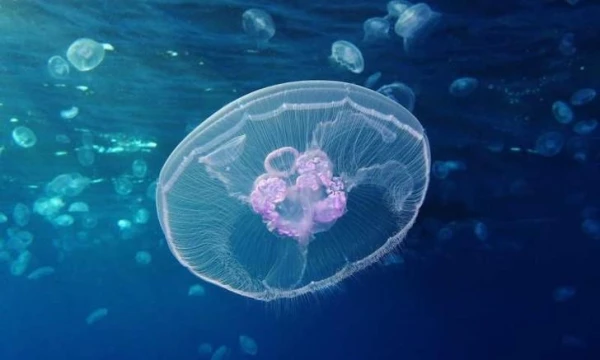
Different species of rockfish from the genus Sebastes vary significantly in lifespan: for example, the Pacific rockfish Sebastes minor lives only 11 years, while the Aleutian rockfish Sebastes aleutianus can live up to two hundred years.
Researchers from the University of California, Berkeley set out to uncover the secret of rockfish longevity and conducted a comparative analysis of the genomes of eighty-eight fish species, primarily belonging to the genus Sebastes.
The results regarding the genetic characteristics of those species that live over a hundred years have been published in the journal Science.
It should be noted that these characteristics did not come as a surprise to scientists: long-lived species have been found to possess more copies of genes responsible for DNA repair when damaged, as well as an increased number of genes that regulate nutrient balance in the body and facilitate adaptation to changing environmental conditions. Furthermore, they have more genes that suppress inflammatory processes — as is known, chronic inflammation, which progresses slowly in the body, contributes to premature aging, not only in fish but also in humans.













